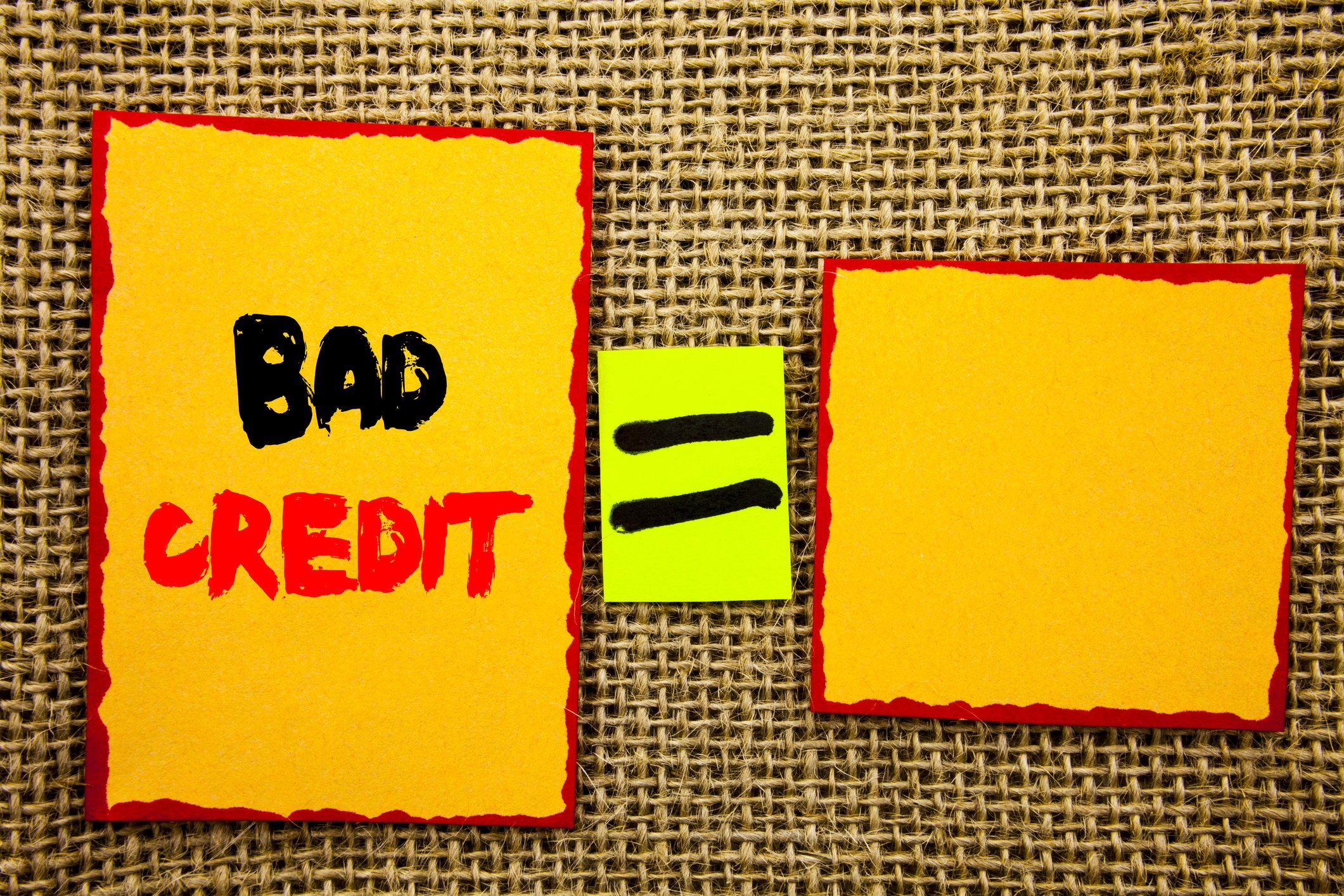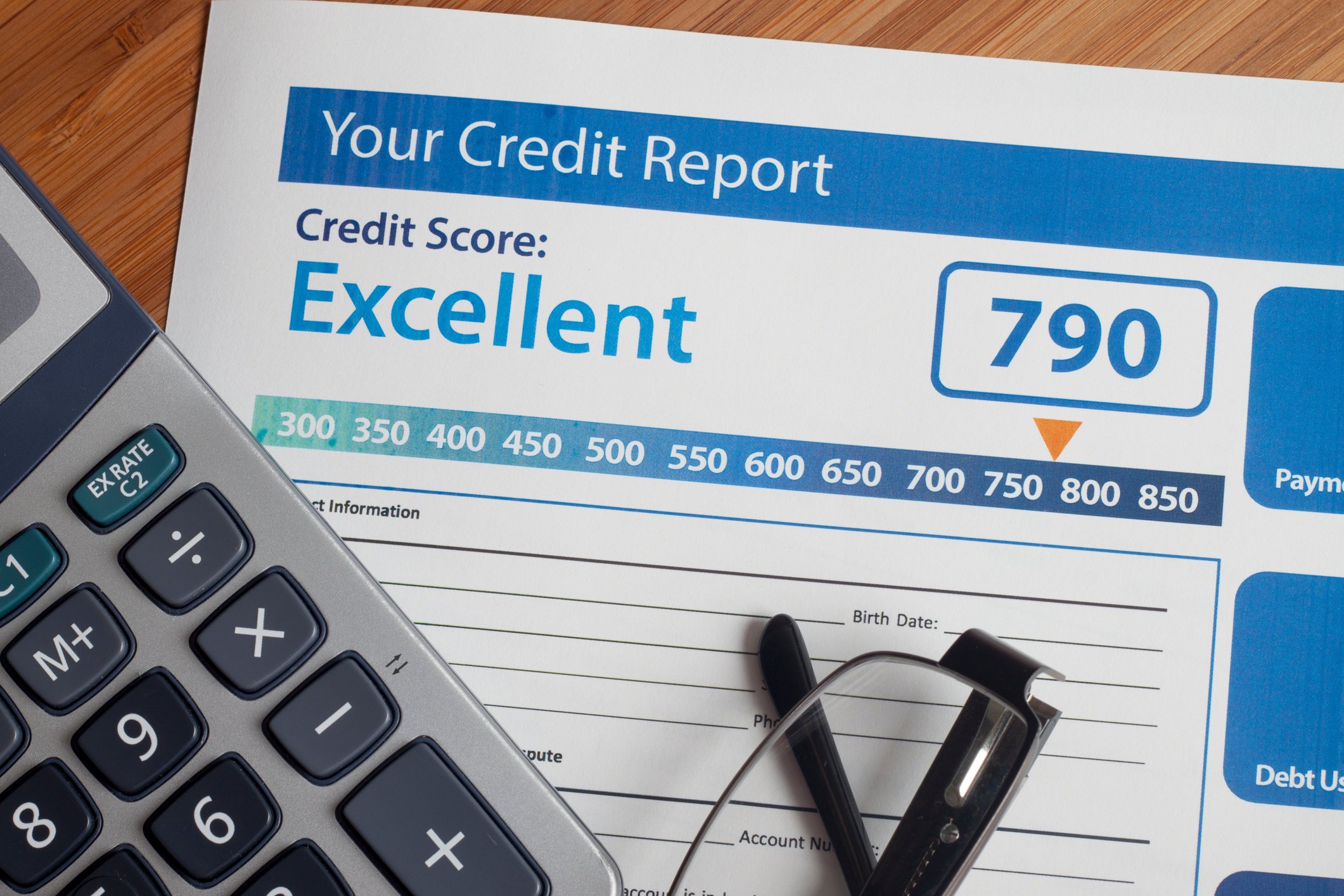Hard Money Loans for Bad Credit
Hard money loans for bad credit used to be a thing back in the housing bubble years of 2003-2007. Borrowers with low credit scores (350 to 550) or...

Yes, hard money lenders check credit when they underwrite a new loan application. Even though credit scores aren’t the primary deciding factor to getting approved for a private loan, credit history does play a factor on whether you’ll be able to get funding.
In this blog post, I’ll discuss why we look at credit when underwriting a hard money loan, covering the following topics:
If you’ve had excellent credit for most of your adult life, chances are you’ll have excellent credit in the years to come. To the contrary, if you don’t really care about paying bills on time and have several 30, 60 and 90-day delinquencies on your personal credit report, chances are you’ll be late on a hard money mortgage, assuming you'd even qualify.
Our company originates a lot of hard money loans for borrowers with 780 FICO scores. They come to FCTD because they're acquiring an investment property that needs a lot of work. Or, they own an investment property free and clear (no mortgage) that they plan on selling in the next few months, and want to pull cash out to renovate it before it hits the market, or for a down payment on their next property.
People with great credit and the right collateral and leverage point are quickly approved and funded in the hard money world.
Borrowers with terrible credit have a hard time getting a hard money loan. For example, back in 2017, a mortgage broker referred a $1 million bridge loan to me for a duplex in Los Angeles worth about $1.6 million. I spoke to the borrower a few times, and heard his story that the current loan was maturing with a $950,000 balloon payment due in a couple of months. He said he had a few late payments on his credit report and forwarded me a copy that another mortgage broker had run the previous month. The only problem with the credit report is that he shrunk the font and locked the PDF document, making it impossible to read. It took me three hours to unlock the PDF to see that his credit was in the 450 range and that he was a perfect candidate for bankruptcy.
No wonder he messed with the credit report PDF.
I decided it was best to walk away from this loan rather than move forward with the borrower. He wound up getting financed with another hard money lender, but the cost was a lot higher than what I had secured for him.
If you have good credit, you’ll most likely be able to refinance, paying off the hard money bridge loan with long-term bank financing. This is why hard money lenders want to see good credit before making a loan. Good credit gives them confidence that the borrower will be able to pay off the loan prior to the 12-month balloon payment due date and that the lender won’t get stuck with a loan (and borrower) on the books longer than preferred.
Hard money loans are meant to be used for a 6-24 month term. Lenders make money turning the funds over two to three times each year as most get upfront fees at origination along with the monthly interest income. That’s the business model. Lenders don’t like to disrupt their business. Loans that go past maturity and need three to six month extensions take time away from the primary business function of originating new loans. The better the borrower credit, the more likely the lender can turn their money over a few times in a year.
Conclusion
If you’re taking out a hard money loan, chances are you already have good to excellent credit. Nearly all hard money lenders check credit — it’s part of the process. If you have bad credit, make sure to be very transparent with the mortgage broker and hard money lender about your situation (rather than locking a PDF in an impossible-to-read format!) and what you’re doing to improve your credit. The better your credit scores and communication, the more likely you’ll be approved for a hard money loan.

Hard money loans for bad credit used to be a thing back in the housing bubble years of 2003-2007. Borrowers with low credit scores (350 to 550) or...

Many real estate investors new to hard money loans ask, “Does a hard money loan appear on my credit report?” This question comes up several times...

If you’re like most people, you always buy or refinance with a traditional 30-year fixed rate mortgage. You've never considered using a hard money...